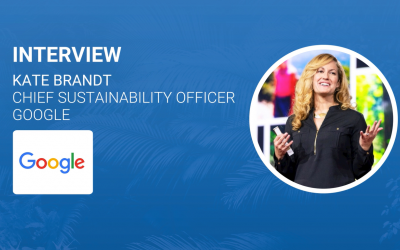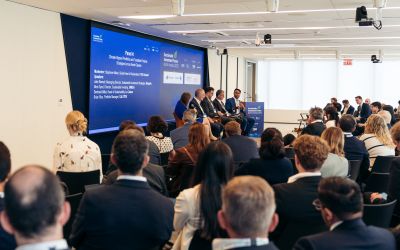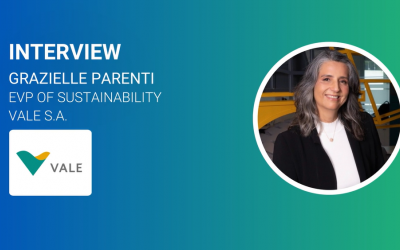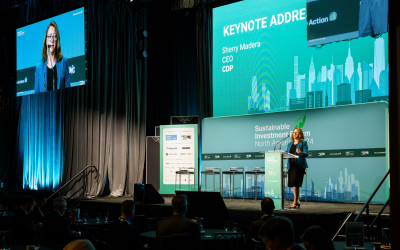Berk Birand on the role Machine Learning and AI technology plays in achieving decarbonisation
After the Industry Transition Summit, Climate Action caught up with Berk Birand, CEO at Fero Labs, to discuss the role Machine Learning and AI technology plays in helping industry achieve decarbonisation and net-zero sustainability goals.

After the Industry Transition Summit, Climate Action caught up with Berk Birand, CEO at Fero Labs, to discuss the role Machine Learning and AI technology plays in helping industry achieve decarbonisation and net-zero sustainability goals.
Fero Labs was a partner at our Industry Transition Summit last week and took part in a fascinating panel on how to make the most out of efficiency. Can you tell us a bit more about how Fero Labs’ software works, and how it helps improve industrial efficiency?
Fero is the only machine learning (ML) software solely developed for industrial process optimization. Using Fero’s automated data processing and ML modeling, plant-level domain experts and process engineers can harness the power of plant data to drive meaningful, bottom-line business results in a matter of weeks—no data science expertise needed.
Currently, the software is being used by manufacturers to reduce raw material costs, improve production quality, decrease scrap rate, control emissions, and increase energy efficiency.
Industry is a major contributor to greenhouse gas emissions, with factories in the US accounting for roughly a quarter of all emissions. What role does this Machine Learning and AI technology play in helping industry achieve decarbonisation and net-zero sustainability goals?
Machine learning is a revolutionary new technology that industrial manufacturers can use to reduce CO2 emissions, while simultaneously cutting costs and making factories more efficient, incentivizing adoption.
To use Fero’s explainable machine learning software, you don't need data scientists or any kind of special training. Plant engineers can input priorities--such as decarbonizing--and the machine learning models can optimize for those goals in real time, either by connecting directly to the factory machines, or by providing engineers with predictions and recommendations around various outcomes.
This is where variable cost reduction meets CO2 reduction. In other words, financial and sustainability benefits come hand in hand. This means manufacturers have a financial incentive to optimize for decarbonisation and net-zero sustainability goals, and even to do more than what may be required by regulators.
What are currently the biggest challenges for Machine Learning implementation in industry, and how can we overcome these?
One of the biggest challenges for machine learning implementation is a lack of trust in the technology itself. While ML has vast potential to transform the manufacturing industry, most ML solutions produce "black boxes," in other words, models that are difficult to comprehend and therefore trust.
That’s why we built Fero with an emphasis on explainability and ease of use. Plant engineers can easily understand what Fero predictions mean and even use their own domain expertise to improve the models. We believe ML shouldn’t just provide mysterious answers, it should be an interactive, explainable tool that ultimately empowers plant teams to achieve their own critical priorities.
Where is the future of industrial Machine Learning headed?
As decarbonization and net-zero sustainability goals become increasingly top-of-mind for manufacturers, we can expect to see technologies such as explainable machine learning become more important as well. Our aim at Fero is to bring these sustainability goals hand-in-hand with bottom-line priorities, transforming the way manufacturers view efficiency.
Fero Labs spoke at the Industry Transition Summit on 18 & 20 May! Watch on demand to hear from a growing network of key players in industry and harder to abate sectors to further drive decarbonisation through policy and regulation, to innovation, technology and investment.






